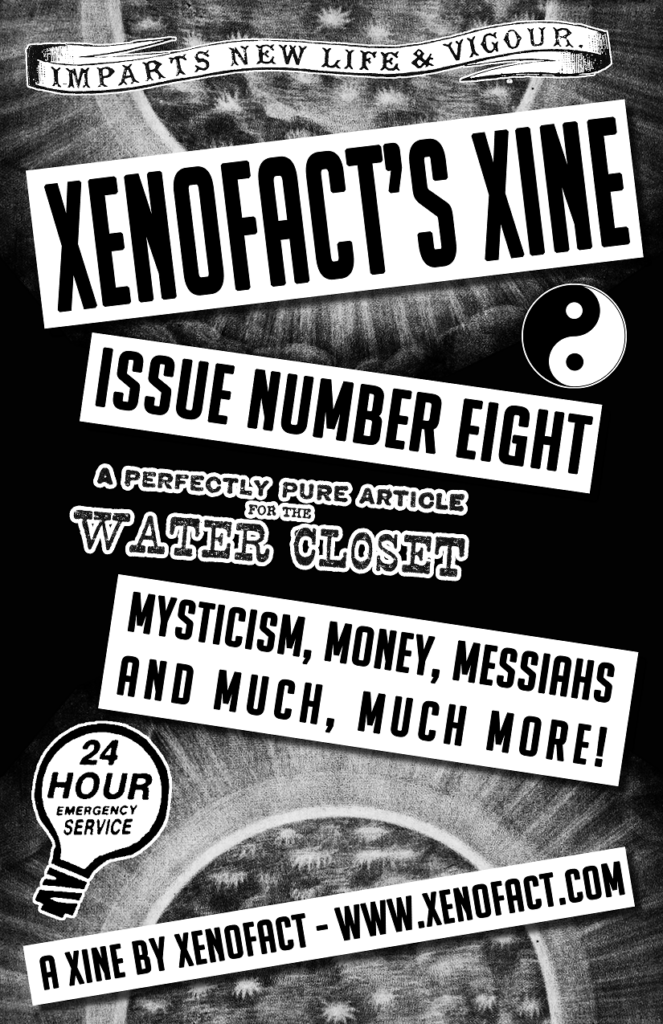I have a book on my reading pile that I really need to get to, Alchemists, Mediums, and Magicians: Stories of Taoist Mystics by Thomas Cleary. It a catalog of assorted Taoist eccentrics, mystics, artists, and so on. It’s strange that I haven’t rushed to read what is basically “character study of characters” but there you go.
I have poked around in it, delighting at some of the stories. It also made me think about other Taoist figures, from the legendary immortals to 18th century doctor and mystic Liu Yiming (who apparently predicted his own death). Taoism has a legion of artists, mystics, sorcerers and other impressive weirdos throughout its history.
I suppose it’s no surprise I feel at home among this cast.
This got me to think about how many of these tales are about people who wrote great treatises, explored mystical states, founded orders, created poetry, and are noteworthy centuries and aeons later. They did this without the internet, without social media, without megachurches – many of them seemed to oddly not care about fame but achieved it anyway.
Even more obscure figures may still appear in historical documents – or in the book like the one I mentioned.
As I write this in 2025 I think about how we’re pushed to monetize everything – and avoid things that don’t make us money. We’ve got example after example of spiritual grifters to tempt us to start monetizing videos. Why can’t we just be religious weirdos?
We also don’t really encourage people to really live their religion. Our own religious pursuits are “fine and good” but you know, don’t take it too far. If you’re gonna be weird at least be religiously obsessive in the right way.
Oh, and to be sure don’t be religious in a way that makes the world better. We’re fine with homophobia and war-mongering, but don’t you dare tell us to care about each other! And be sure you never denounce the system or anything!
We don’t really have place to just be some spiritual weirdo in American culture, and we need those.
We need the eccentrics who contemplate the strange and discuss it, and that’s fine. We need people who produce zines (ahem) to spread their thoughts obsessively. We need to have room culturally for someone dispensing wisdom fro their front porch. We need people who live their spiritual practices.
We need people whose mystical meanderings may lead us to something. Let society have it’s spiritual Skunkworks.
Besides, if we had more people really thinking about the Big Ideas, we’d have less cults and megachurches. If we accepted the idea of a spiritual quest as fine, acceptable, and laudable who knows what we might have. Especially if we don’t encourage people to make a buck first.
I suppose I’m doing my part. It makes me wonder what happens if more and more of we weirdos live sincerely and team up. It also makes me wonder if maybe I’ve got some inhibitions I’m best without . . .

